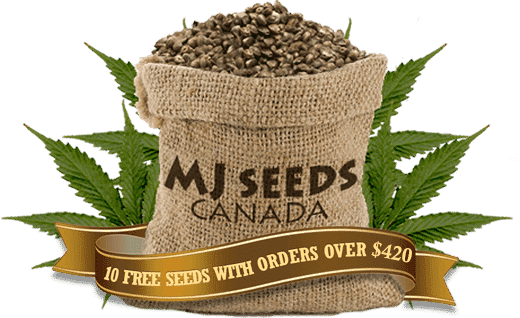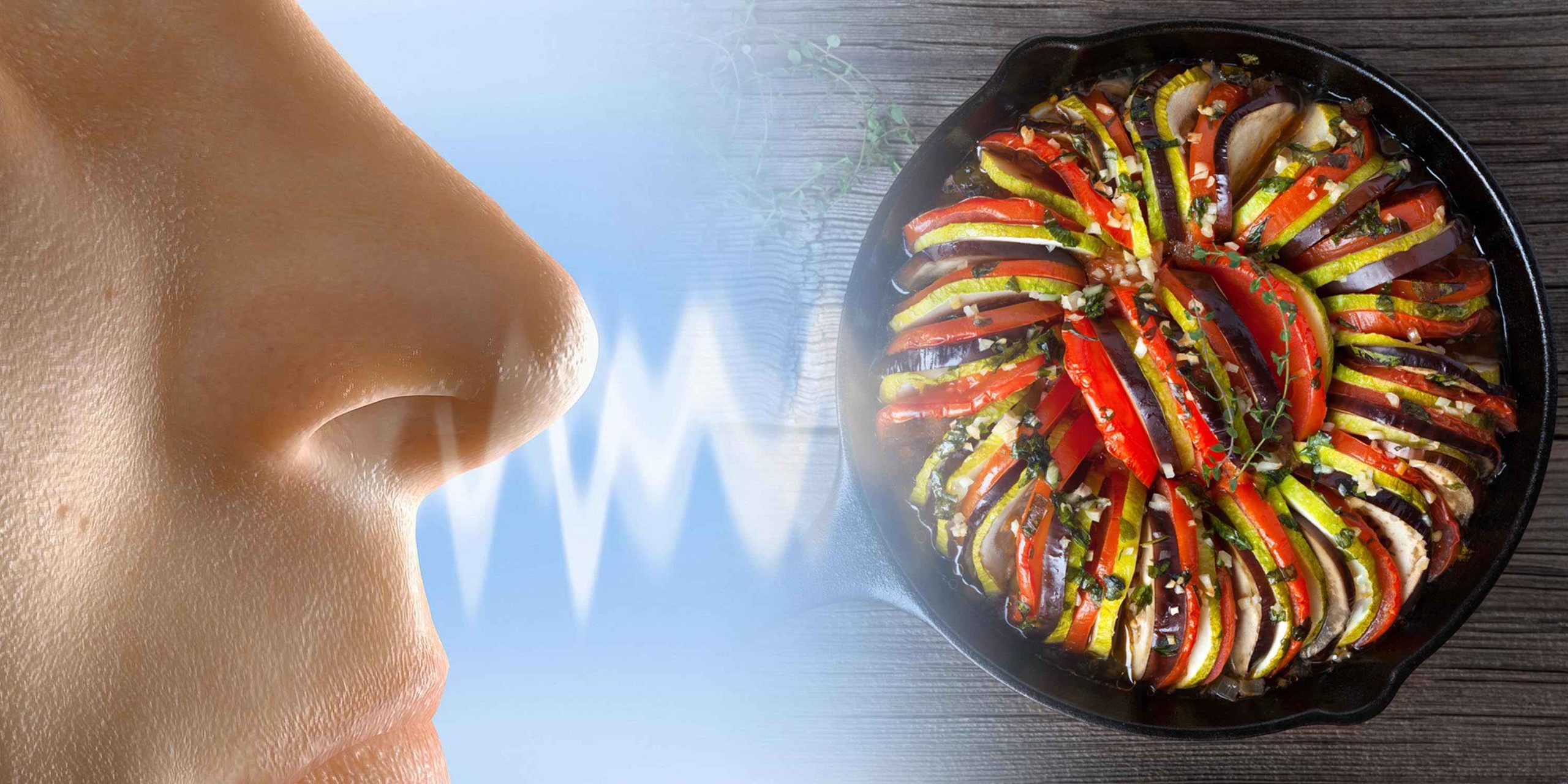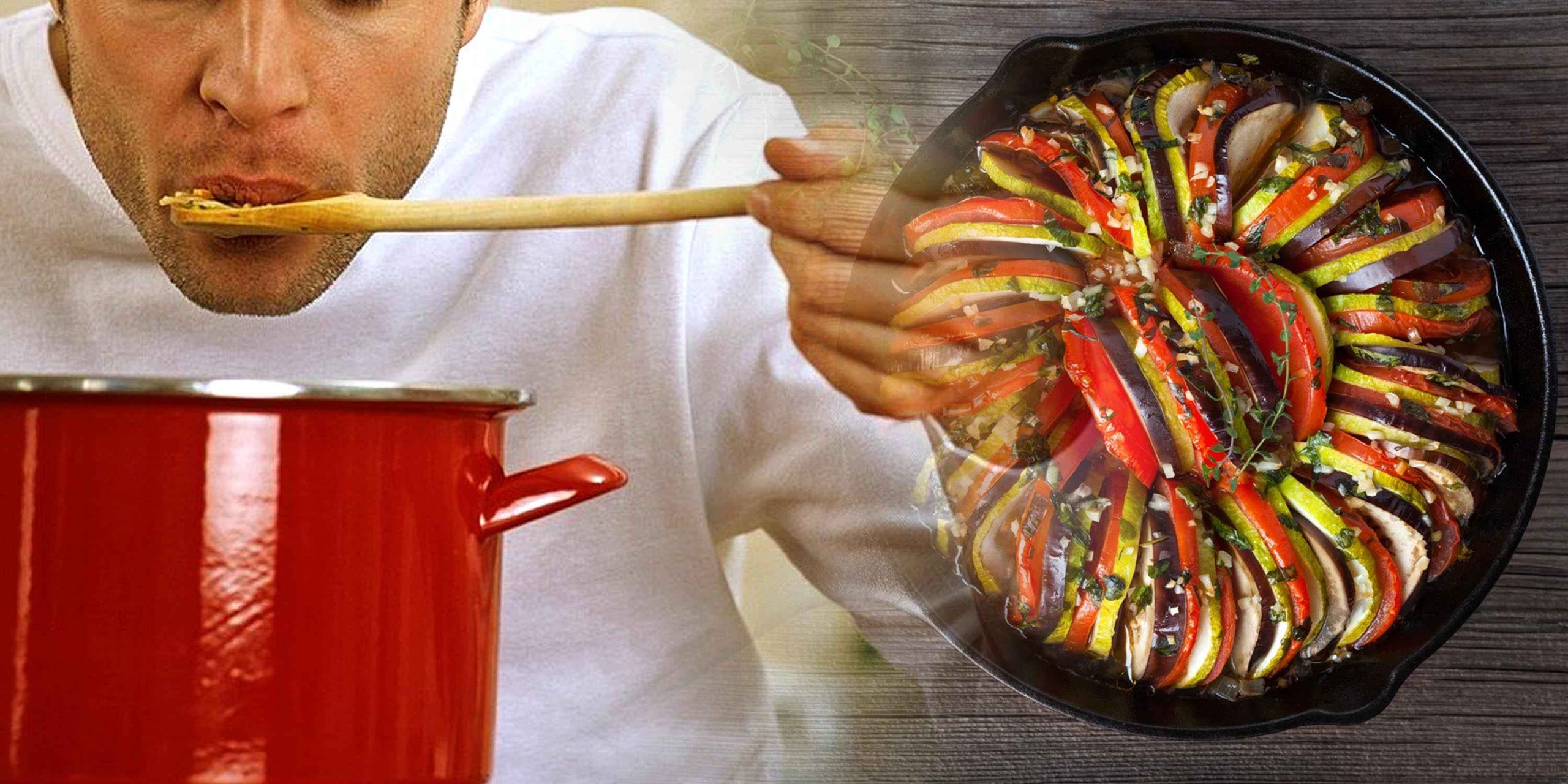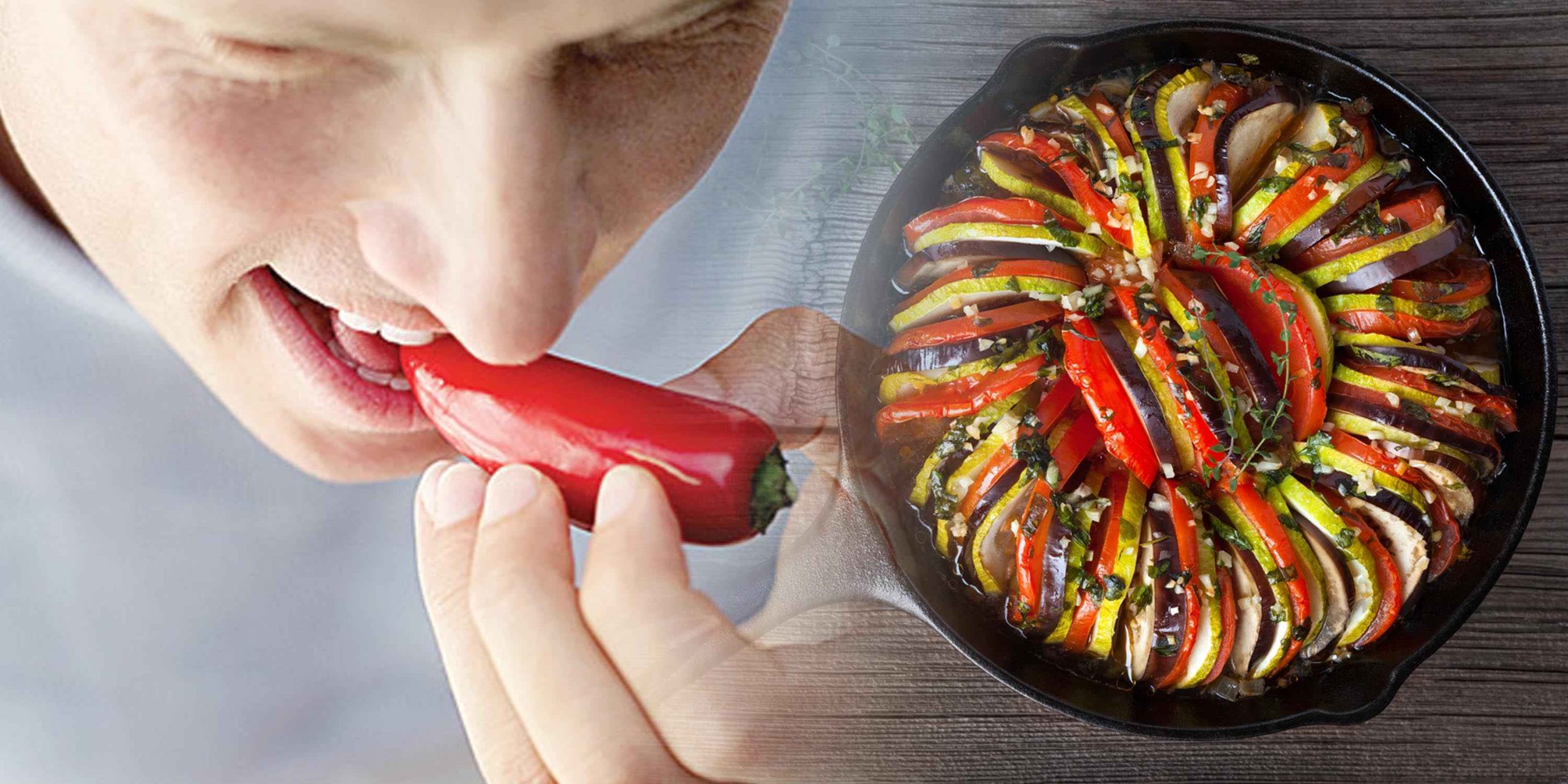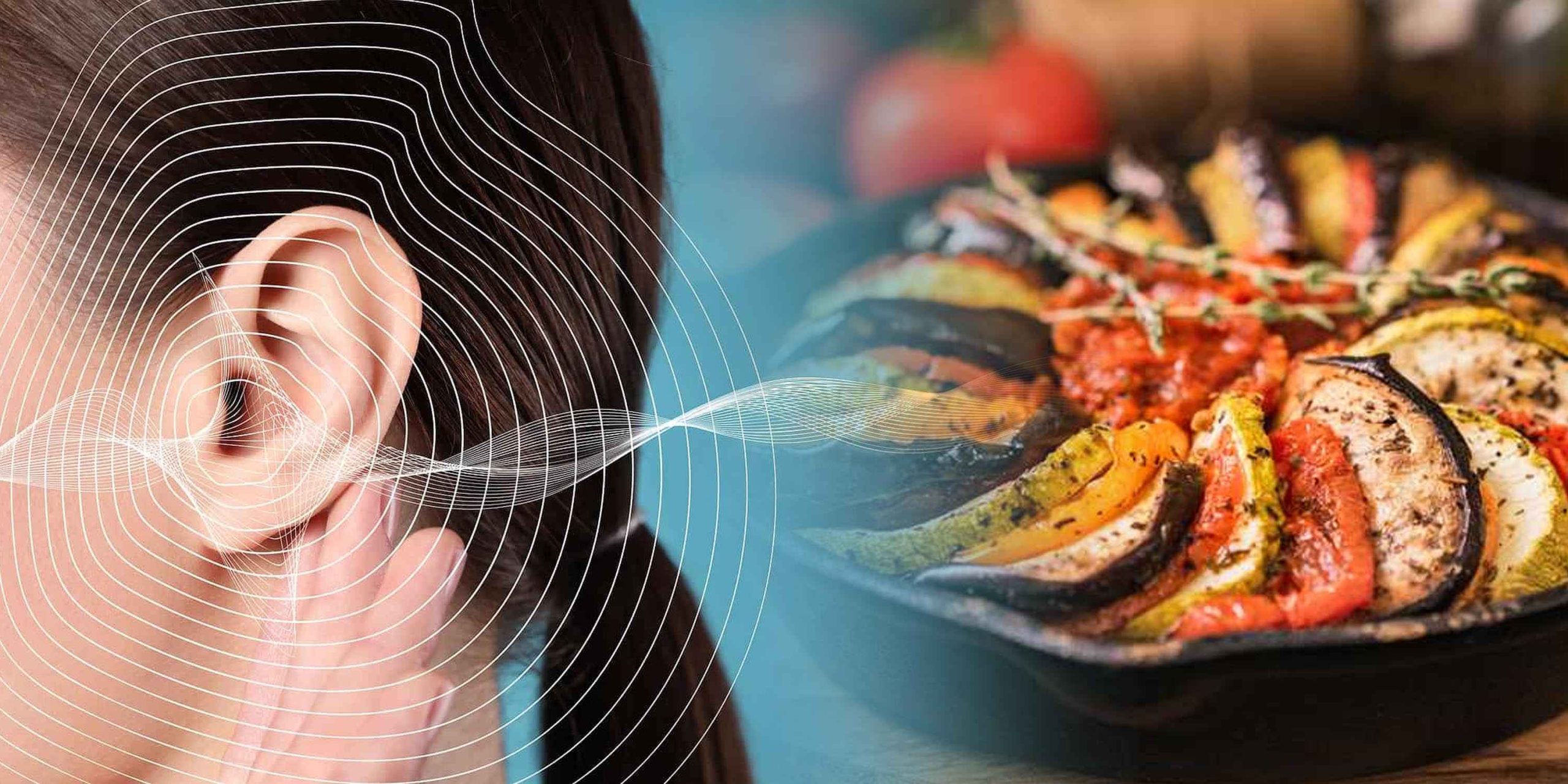For many cannabis enthusiasts, one of the most delightful experiences of consuming marijuana is the heightened enjoyment of food. It’s a phenomenon acknowledged and celebrated, but what exactly causes why does food taste better high? In this article, we delve into the reasons behind this intriguing phenomenon, exploring the physiological and psychological factors that contribute to the enhanced sensory experience of eating while under the influence of cannabis.
Understanding Food Taste
Understanding how food tastes involves a complex interplay of sensory perceptions and physiological processes. When we eat, our taste buds, located on the tongue and other parts of the mouth, detect the five basic tastes: sweet, sour, salty, bitter, and umami. These tastes are recognized through specialized receptors that respond to different molecules in food.
Our ability to smell is also important for how we perceive flavors. When we eat, the smell of food molecules travels to our nose, where special receptors pick up on them. This adds to the overall taste experience. If our sense of smell is not working well, like when we have a cold, food might seem less flavorful.
Beyond taste and smell, other factors influence how food tastes to us. Texture, temperature, and even the appearance of food can impact our perception of its flavor. Additionally, individual differences such as genetics, past experiences, and cultural influences can shape our preferences and perceptions of taste.
Overall, the experience of taste is a complex and dynamic process that involves the integration of sensory information from multiple sources. It is influenced by both the chemical composition of food and the individual’s physiological and psychological responses.
How Do We Taste?
Taste occurs when taste buds on the tongue detect chemicals in food. These taste buds contain receptors that recognize five primary tastes: sweet, sour, salty, bitter, and umami. When food molecules bind to these receptors, signals are sent to the brain via the nervous system, where they are interpreted as specific tastes. Additionally, factors like smell, texture, and temperature contribute to overall taste perception, creating a complex sensory experience when we eat.
Exploring Our Five Senses When It Comes to Food
Food is a multisensory experience that engages all five of our senses: sight, smell, taste, touch, and hearing. Each sense plays a crucial role in how we perceive and enjoy food, influencing our overall culinary experience. In this article, we will explore how each of our five senses contributes to our perception of food and enhances our enjoyment of the dining experience.
1. Sight
Visual appeal is the first impression of a dish, influencing our expectations and anticipation of its taste. Vibrant colors, appealing presentation, and artistic plating stimulate our appetite and make food more enticing.
2. Smell
The aroma of food plays a significant role in taste perception. Our sense of smell can detect thousands of different odors, enhancing the flavors of food and evoking memories and emotions. A tantalizing aroma can make food more appetizing and enjoyable.
3. Taste
Taste is perhaps the most obvious sense associated with food. Taste buds on the tongue detect five primary tastes: sweet, sour, salty, bitter, and umami. The combination of these tastes, along with texture and temperature, creates a complex sensory experience when we eat.
4. Touch
The texture and mouthfeel of food influence our perception of its quality and freshness. Factors such as crunchiness, creaminess, and tenderness contribute to the overall eating experience, adding a tactile dimension to our enjoyment of food.
5. Hearing
While often overlooked, sound can also influence our perception of food. The sound of sizzling, crunching, or bubbling can enhance our anticipation and enjoyment of certain dishes, adding an auditory dimension to the culinary experience.
Our five senses play integral roles in how we perceive and enjoy food. From the visual appeal and aroma to the taste, texture, and even the sound of food, each sense contributes to the overall culinary experience. By engaging all of our senses, we can fully immerse ourselves in the pleasures of dining and appreciate the richness and diversity of flavors that food has to offer.
Why Does Food Taste Better When You’re High?
When you’re high, cannabis interacts with receptors in the brain, enhancing sensory perception and appetite stimulation. THC, the active compound in cannabis, heightens taste and smell sensitivity, making flavors more intense and enjoyable.
Additionally, cannabis triggers the release of hunger-inducing hormones, increasing the appeal of food. It also alters brain activity in reward processing regions, leading to feelings of euphoria and pleasure. Psychological factors such as relaxation and reduced stress further enhance the experience, making food taste exceptionally delicious when you’re high.
Does Weed Make Food Taste Better?
Yes, weed can enhance the taste of food for some individuals. When consuming cannabis, particularly strains high in THC, it can heighten sensory perception and increase appetite. This heightened state can lead to a greater appreciation for the flavors, textures, and aromas of food. Additionally, THC interacts with taste receptors in the brain, potentially making flavors more intense and pleasurable. However, individual experiences may vary, and not everyone may find that weed improves the taste of food. Nonetheless, for many people, enjoying a meal while high can be a delightful and enhanced sensory experience.
Can You Prevent the Munchies?
Preventing the munchies entirely may be challenging, as they are a common side effect of consuming cannabis due to THC’s effect on appetite-regulating hormones. However, there are strategies to manage them. Opt for strains with lower THC levels or higher levels of CBD, as CBD may counteract THC’s appetite-stimulating effects.
Engage in activities to distract yourself, such as exercise or hobbies. Plan and prepare healthy snacks in advance to please cravings without overindulging. Additionally, practicing mindful eating can help you recognize true hunger cues and prevent excessive snacking while under the influence of cannabis.
Conclusion
When consuming cannabis, heightened sensory perception can enhance the taste of food. THC interacts with taste receptors in the brain, intensifying flavors and making food more enjoyable. Additionally, cannabis can stimulate appetite, leading to increased hunger and a greater appreciation for food. The altered perception of time and heightened relaxation while high may also contribute to savoring food more fully. However, individual experiences may vary, and factors such as strain type, dosage, and personal preferences can influence the degree to which food tastes better when high. Overall, it’s a unique and subjective experience cherished by many cannabis enthusiasts.
Frequently Asked Questions
1. Why does food taste better when youre high?
Consuming cannabis can heighten sensory perception, intensifying flavors and making food more enjoyable. THC interacts with taste receptors in the brain, enhancing taste sensations.
2. Is it normal to experience increased hunger and cravings for food when high?
Yes, cannabis is known to stimulate appetite, often referred to as “the munchies.” This increased hunger can lead to a greater appreciation for the flavors and textures of food.
3. Can certain strains make food taste better?
Yes, certain cannabis strains with specific terpene profiles or cannabinoid ratios may enhance the sensory experience of eating. Strains high in the terpene limonene, for example, are known for their citrusy aroma and may complement certain food flavors.
4. Does everyone experience heightened taste when high?
While many people report enhanced taste perception when consuming cannabis, individual experiences may vary. Factors such as strain type, dosage, and personal preferences can influence the degree to which food tastes better when high.
5. Are there any tips for enhancing the culinary experience while high?
Experiment with different strains to find ones that enhance your enjoyment of food. Practice mindful eating to fully engage with the flavors and textures of your meals. Additionally, experimenting with food pairings can elevate the culinary experience.
